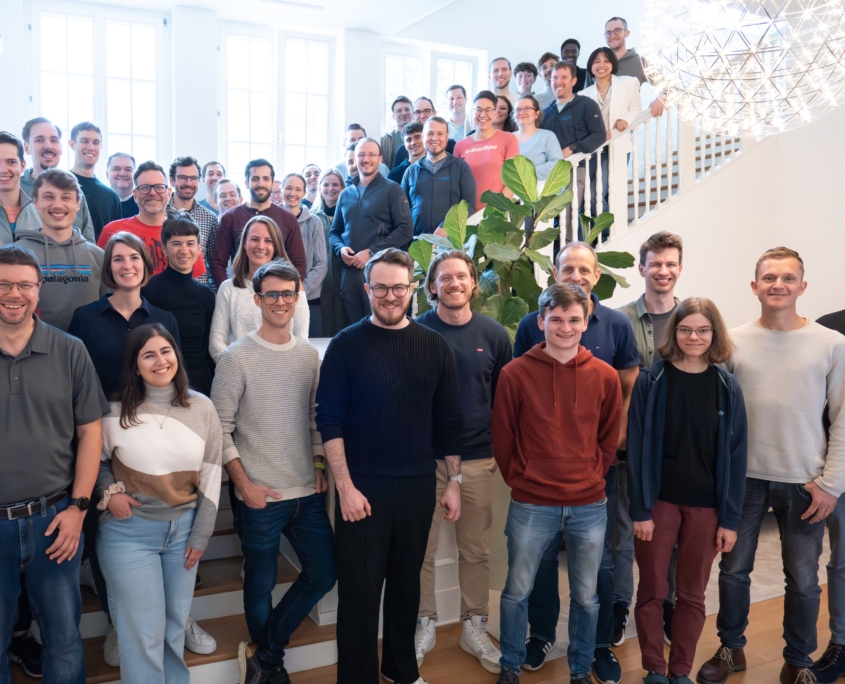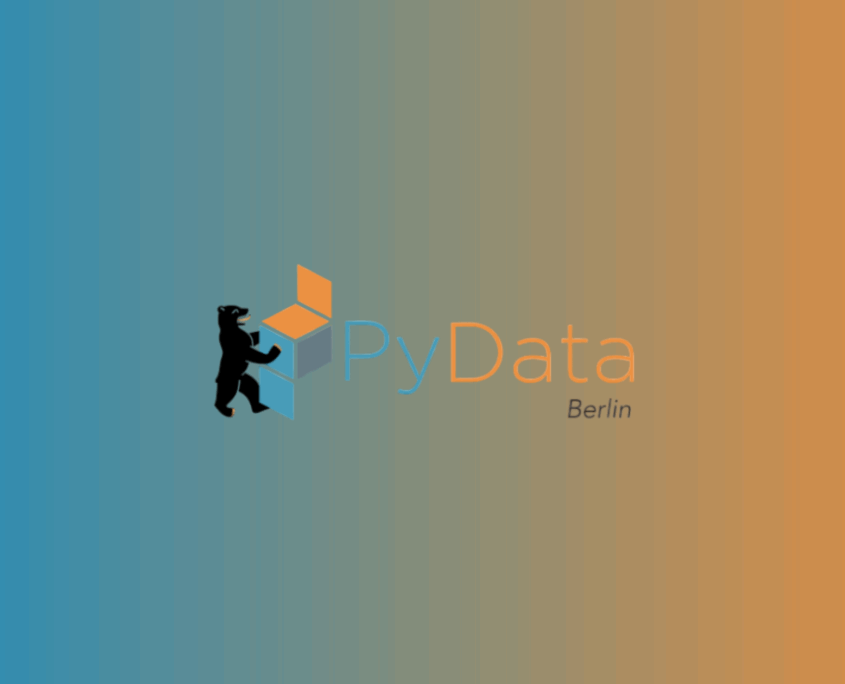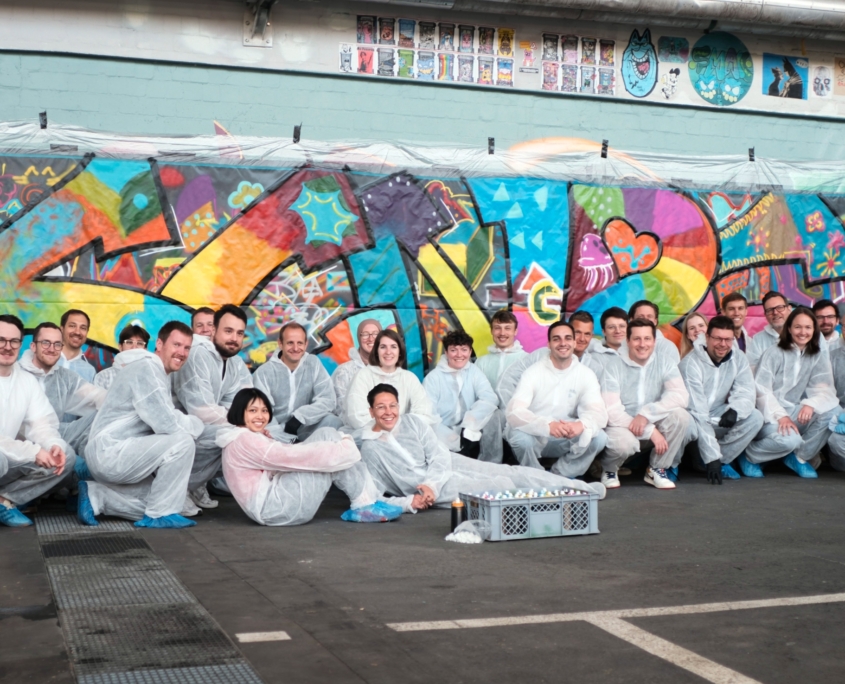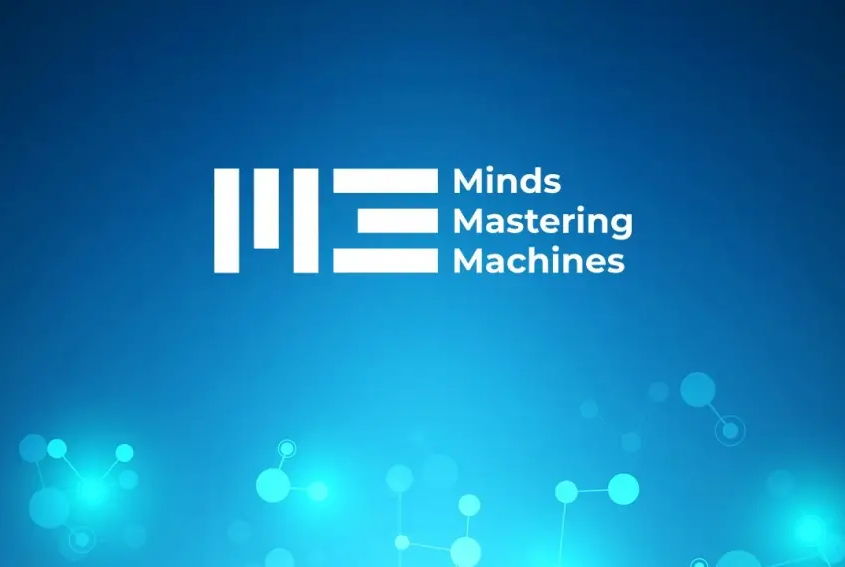 https://www.scieneers.de/wp-content/uploads/2025/10/S4100449-scaled.jpg
1440
2560
shinchit.han@scieneers.de
https://www.scieneers.de/wp-content/uploads/2020/04/scieneers-gradient.png
shinchit.han@scieneers.de2025-10-08 16:20:152025-10-27 11:54:37Throwback to our fall event 2025
https://www.scieneers.de/wp-content/uploads/2025/10/S4100449-scaled.jpg
1440
2560
shinchit.han@scieneers.de
https://www.scieneers.de/wp-content/uploads/2020/04/scieneers-gradient.png
shinchit.han@scieneers.de2025-10-08 16:20:152025-10-27 11:54:37Throwback to our fall event 2025Please switch to the German version of this page.
 https://www.scieneers.de/wp-content/uploads/2025/10/S4100449-scaled.jpg
1440
2560
shinchit.han@scieneers.de
https://www.scieneers.de/wp-content/uploads/2020/04/scieneers-gradient.png
shinchit.han@scieneers.de2025-10-08 16:20:152025-10-27 11:54:37Throwback to our fall event 2025
https://www.scieneers.de/wp-content/uploads/2025/10/S4100449-scaled.jpg
1440
2560
shinchit.han@scieneers.de
https://www.scieneers.de/wp-content/uploads/2020/04/scieneers-gradient.png
shinchit.han@scieneers.de2025-10-08 16:20:152025-10-27 11:54:37Throwback to our fall event 2025
PyData 2025
PyData Berlin 2025 at the Berlin Congress Center was three days full of talks, tutorials, and tech community spirit. The focus was on open-source tools and agentic AI, as well as addressing the question: How can LLMs be used productively and in a controlled manner? We from scieneers gave a presentation on LiteLLM, titled “One API to Rule Them All? LiteLLM in Production”.

Machine learning workflow for evaluating genetic variants based on protein structure embeddings
Missense variants, that is, single amino acid substitutions in proteins, are often difficult to assess. Our machine learning workflow uses protein structure-based graph embeddings to predict the pathogenicity of such variants. In doing so, the structural information enhances existing approaches like the CADD score and provides new insights for genomic medical diagnostics.

Throwback to our spring event 2025
Most of our colleagues from our three locations Karlsruhe, Cologne, and Hamburg met in Hamburg for two days. We discussed specialist and internal topics, gained new ideas, and shared experiences.

Microsoft Fabric: Processing real-time data with Eventstreams
We provide an overview of how real-time data is processed with event streams in Microsoft Fabric.

Real-Time Intelligence: Real-time data in Microsoft Fabric
Microsoft Fabric's Real-Time Intelligence allows data streams to be analysed at lightning speed. We provide a concise summary and explain how it works.

M3 2025
At this year's Minds Mastering Machines (M3) conference in Karlsruhe, the focus was on best practices for GenAI, RAG systems, case studies from different industries, agent systems, and LLM, as well as legal aspects of ML. We gave three talks about our projects.

Global district heating forecasting models
Global models such as TFT and TimesFM are revolutionising district heating forecasting by providing more accurate predictions, using synergies between systems and effectively solving the cold start problem.

Smaller docker images with uv
Reduce Docker image sizes with smart dependency management and optimisation techniques, such as using 'deptry' to clean up unused libraries, using alternative indexes for CPU-only packages, and creating efficient Docker files using 'uv' examples. Plus a tip for Azure WebApp deployments.

Using Scrum to Succeed in Research and Development
Success in Research and Development (R&D) with Scrum depends on the effective acquisition and utilisation of knowledge. Spikes play a central role as a method for minimising risk in Scrum. The article discusses how spikes can be used, prioritised and documented efficiently and presents best practices from an R&D project, including regular spike maintenance dates and a lab book for insights, complemented by adapted definitions of Ready and Done.
